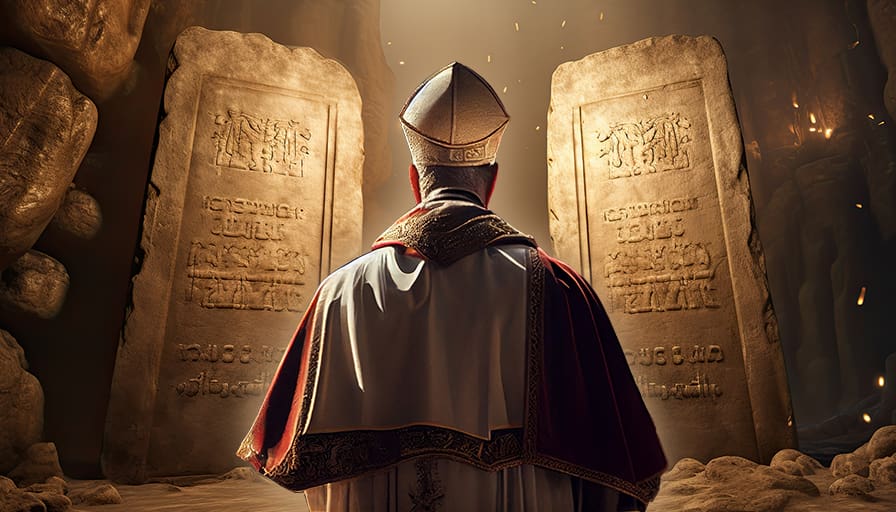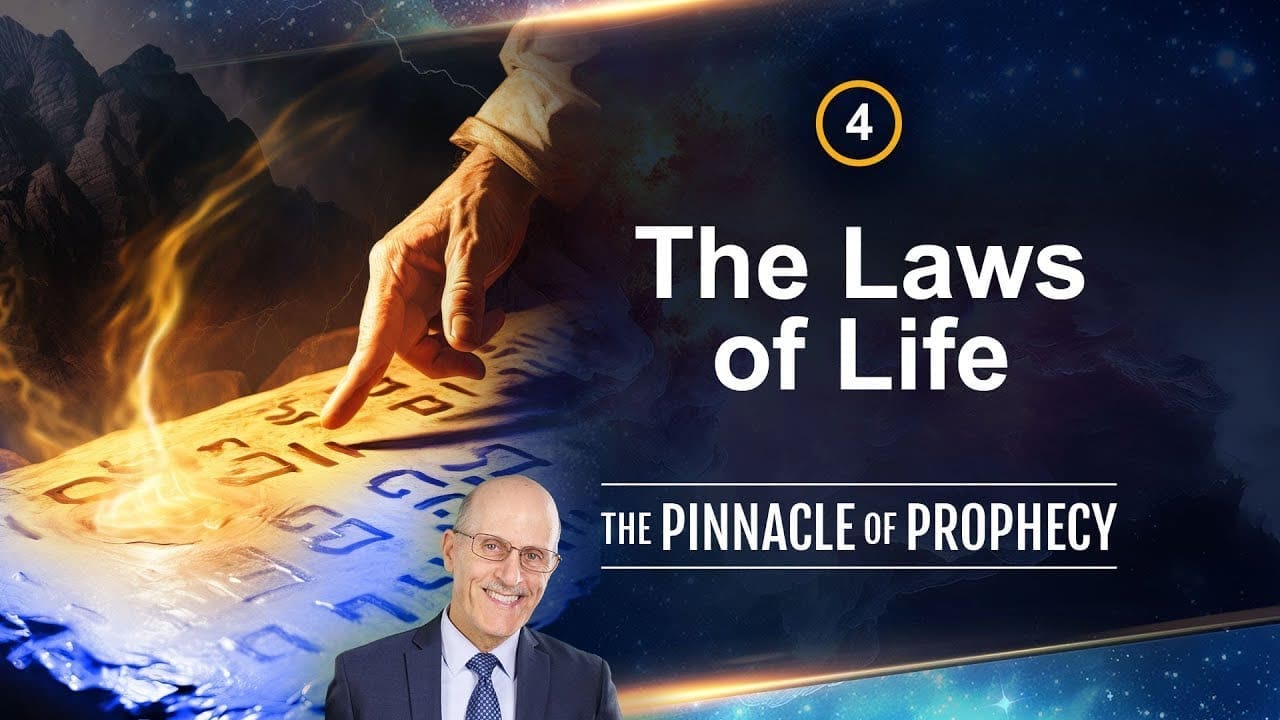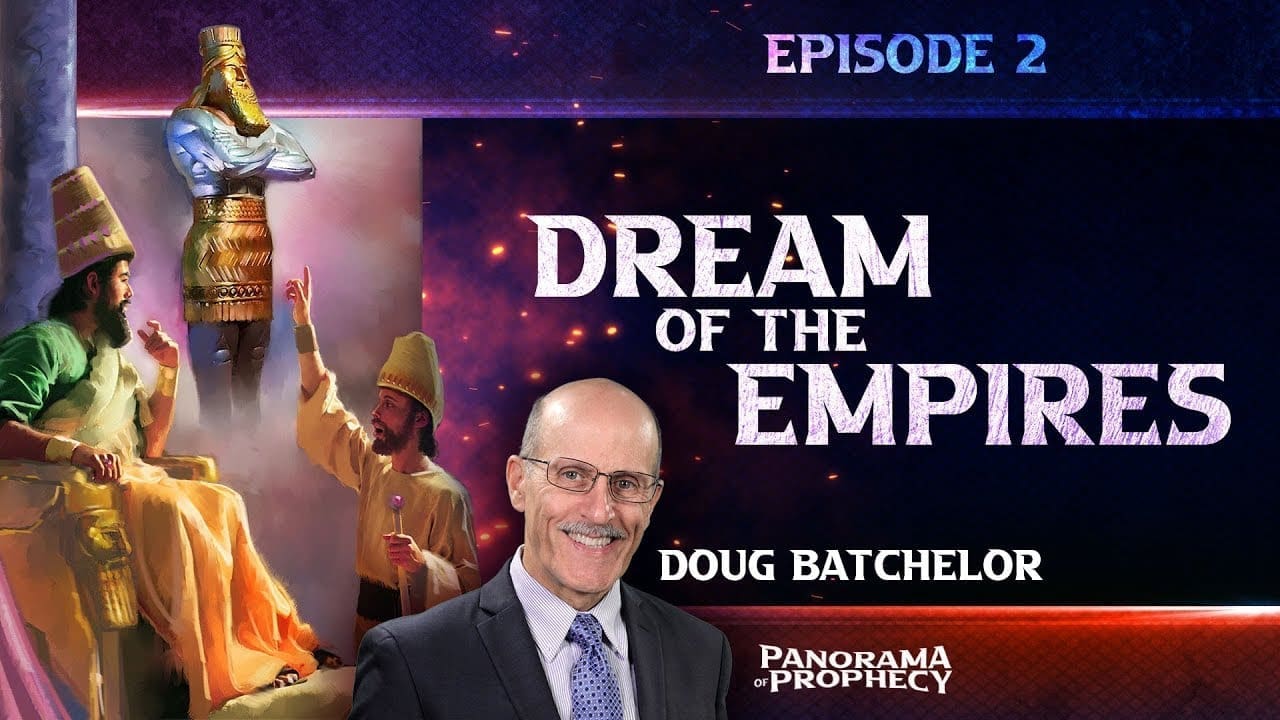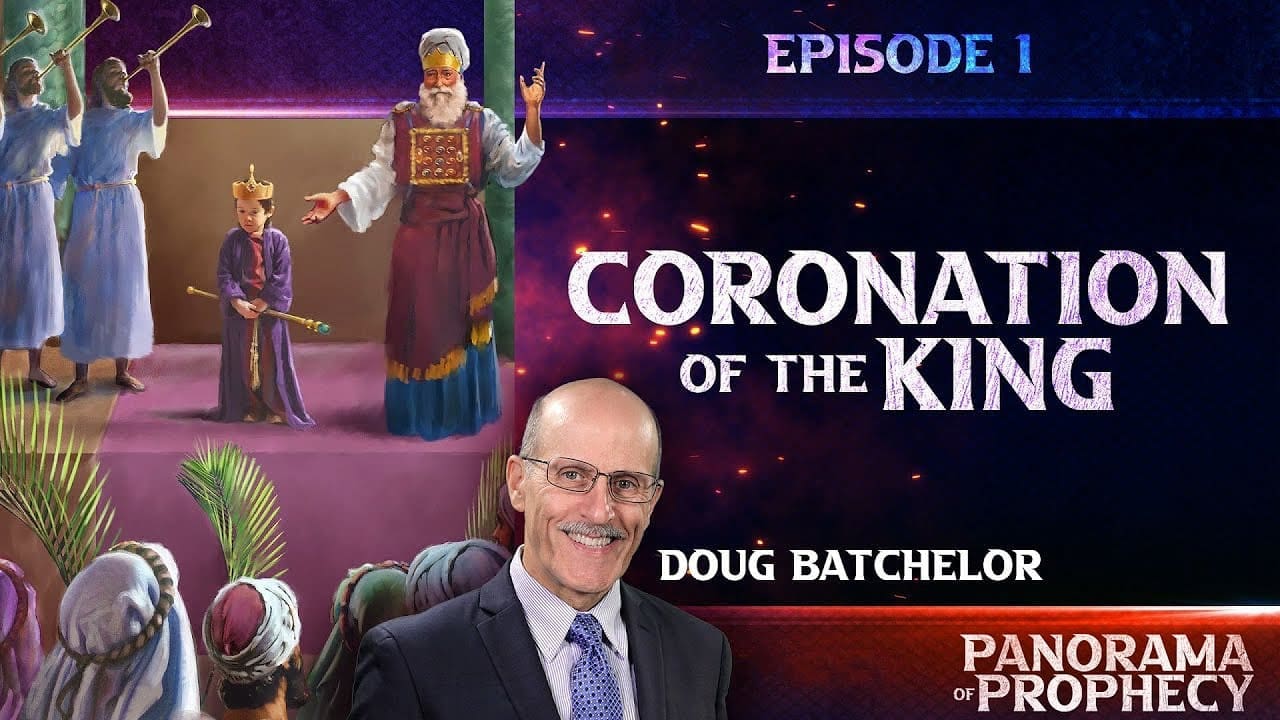The Sabbath was instituted by God at creation before the existence of the Jewish nation, and it carries significant spiritual blessings.
The idea that the Sabbath is a shadow or type that is no longer necessary in light of Christ’s sacrifice can be refuted by understanding the nature of the Ten Commandments. Unlike the ceremonial laws and sacrifices, which pointed forward to Christ’s redemptive work and were fulfilled in Him, the moral law, including the Sabbath commandment, reflects the unchanging character and will of God. The moral law is an expression of God’s eternal principles, these laws remain applicable to all people for all time.
The Sabbath is not a burden or a form of bondage; rather, it is a gift from God that provides rest, refreshment, and an opportunity for worship and fellowship with Him. Observing the Sabbath is not a matter of personal works or attempting to earn salvation but is an expression of love and obedience to God. It is a sign of our faith in Christ and a recognition that our salvation comes through Him alone.
The Sabbath is a symbol of our trust in God’s provision and a reminder of His creative and redemptive acts. By setting aside our own work and pleasure on the Sabbath, we demonstrate our dependence on God’s grace and His sanctifying power in our lives.
The book of Hebrews emphasizes the need for faith and perseverance in the face of trials and temptations. The example of the Israelites in the wilderness serves as a warning against unbelief and disobedience. The promise of entering God’s rest in Hebrews 4 is a call to trust in Jesus and to abide in His grace, which enables us to fulfill God’s commandments, including the observance of the Sabbath.
In summary, the Sabbath is not a shadow that has passed away but a vital part of God’s moral law and a source of blessing and spiritual rest. Observing the Sabbath is an expression of faith and obedience to God, and we follow example of Jesus and the teachings of Scripture.














